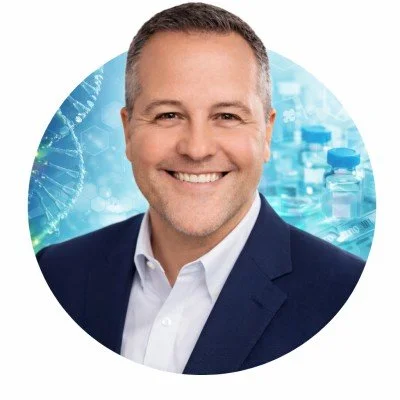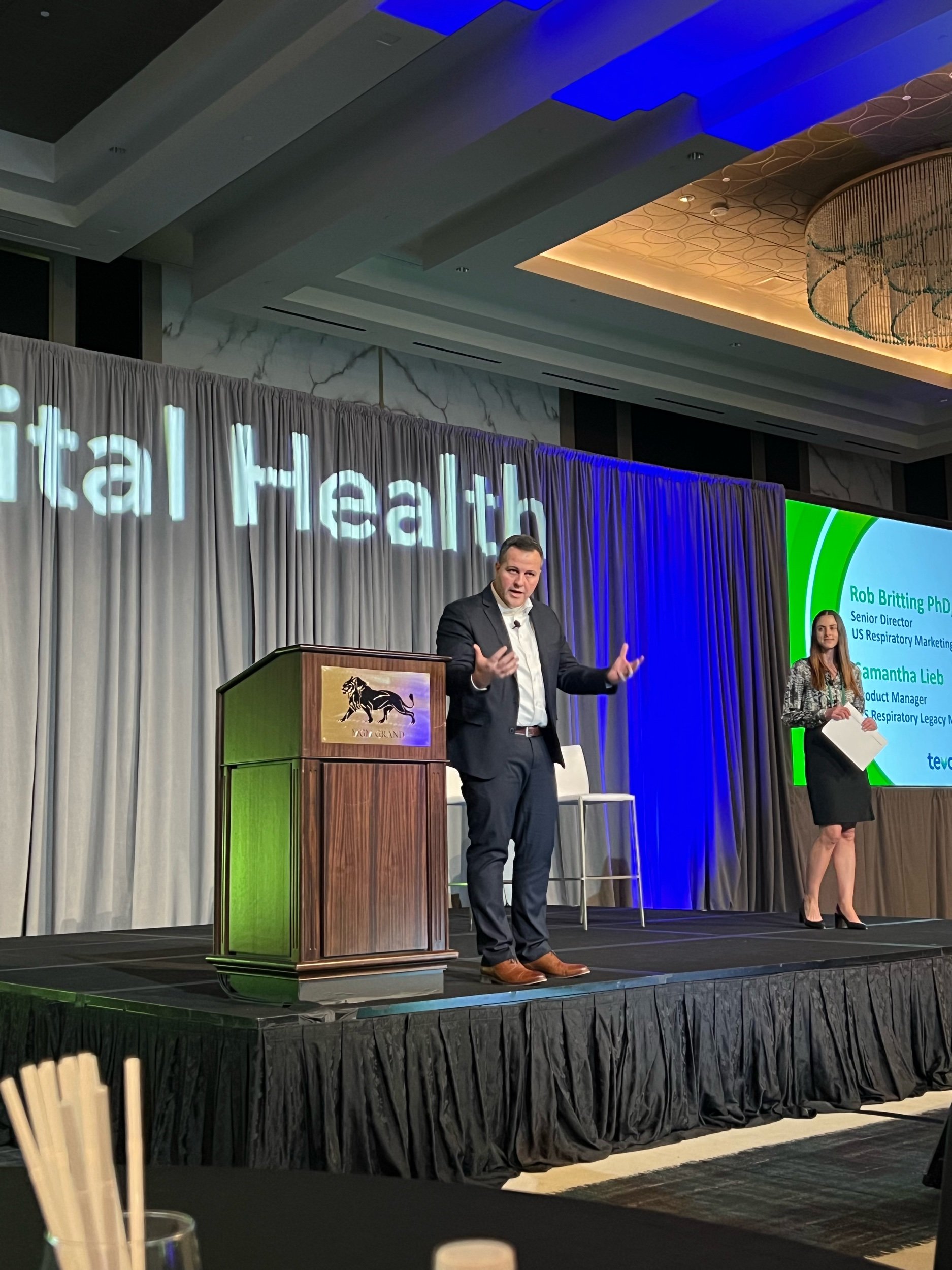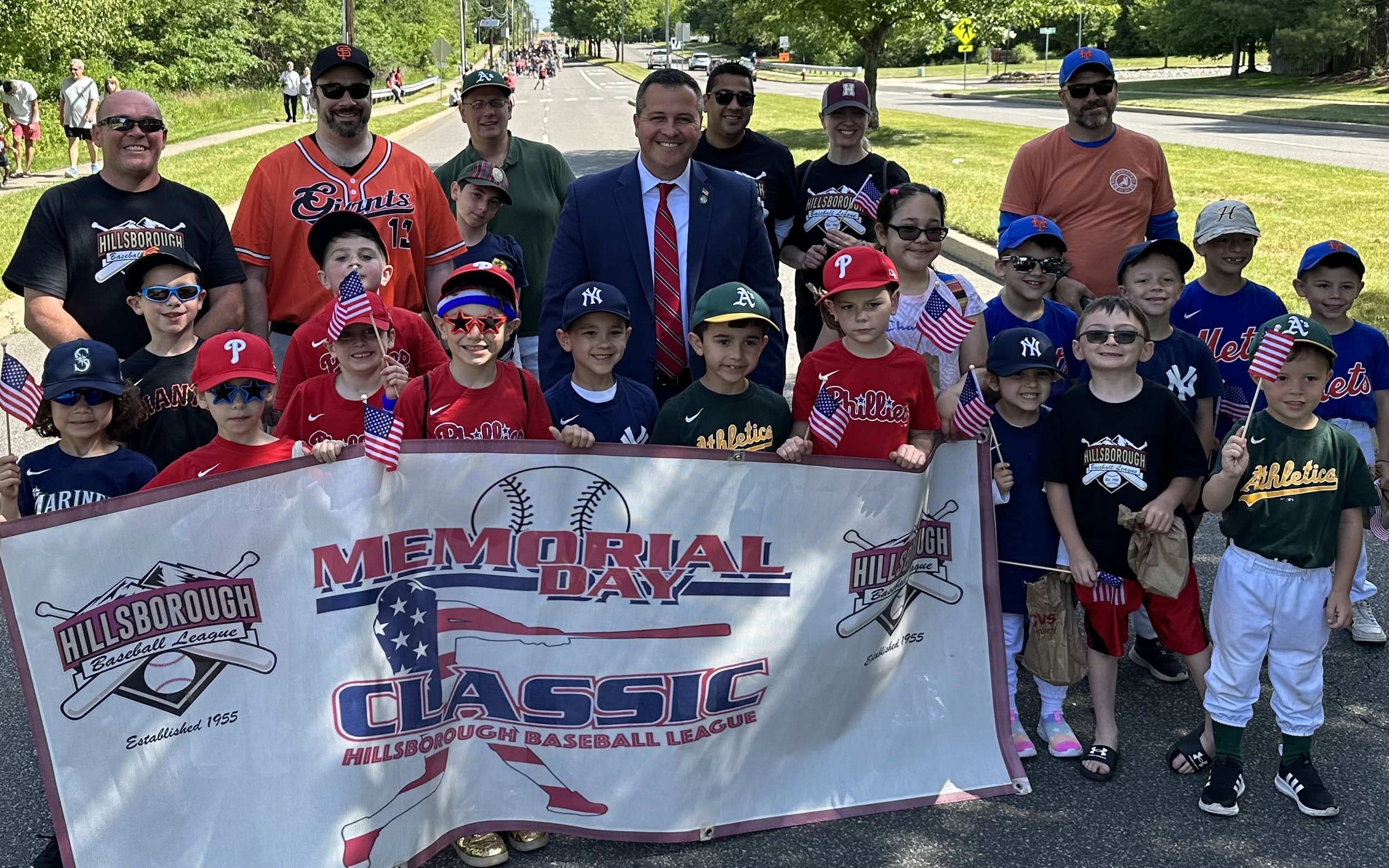Dr. Robert Britting Jr. PhD, MBA
“Leadership does not start at work. It starts at home. Protect what you love so your children, family, loved ones and the people you serve have a positive environment to live in and come home to when they grow.”
- Dr. Robert Britting jr. PhD, MBA
Professional and Personal Overview
Dr. Robert Britting Jr. PhD, MBA
Dr. Robert Britting is a pharmaceutical executive with 23+ years’ experience leading teams across all commercial functions. His natural style is to be a servant leader and prides himself on transforming businesses to be sustainable, while driving revenue and empowering people to be successful by focusing on their strengths.
Outside of his core work as a business executive, Dr. Britting devotes his free time to family, children’s sports and his Township in New Jersey. In 2024, he served as the Mayor of Hillsborough Township with the primary focus of protecting his children’s hometown and helping lead the administration to the next level. He currently serves as a Township Committee member specifically focused on public safety, preserving land, upgrading the road system and ensuring transparency with every move the town makes.
His family is everything to him as he loves his wife and his children dearly. He coaches all of his boys in multiple sports and spends as much time with them as he can. As a father, Britting found his true purpose in life.
Professional Perspective: A focus on Pharmaceutical Servant Leadership
Culture should drive execution. Execution should never drive culture.
Culture can either cultivate tremendous success or dominate the negative and create massive failure. Creating and living a culture that automatically drives results through its mere existence through the empowerment of people is the only way a leader can truly serve their staff and business. Pharmaceutical leaders can be true servants of patients and their families if they focus on building a better healthcare world through honest insight analysis, practical marketing and understanding how people think versus focusing on what looks good internally. I firmly believe actual leadership only comes from deep within the DNA of a person and when demonstrated successfully, should be an altruistic act that drives the leader and their followers to be acutely self-aware. As leaders of the pharmaceutical business, we have the responsibility to influence positive social change that makes a true difference and inspires our employees as much as the patients we serve.
EVOlving leadership in the pharmaceutical business: servant leadership is a necessity
In order for leaders of the pharmaceutical industry to institute positive social change for patients and for our employees WE NEED to EVOLVE into SERVANT LEADERS. In short, we need to better understand how patients and employees independently think, feel and react to specific circumstances. WE serve patients, but it is easy to forget that we also serve our people. They ultimately serve the patient populations that our work influences on a daily basis. For so many years, and due to economic fluctuations that directly influence the resourcing of our industry, an intense focus on tactical execution has driven employees to take on immense responsibility that may not provide true value to the end result.
Most importantly it lacks value for the patient.
Transformational thinking and elevating our ability to lead as servants of our people means placing culture over execution. This makes many leaders feel uncomfortable as many are recognized year over year for their ability to deliver on tactics. In many, if not all cases, these tactics are designed to help patients and healthcare providers, for all of the right reasons. All indications are that the intentions are terrific. The problem is the mindset. A tactical mindset is short-sided and does not evolve the thinking of commercial pharmaceutical employees as it creates politicians, NOT future leaders. Employees end up producing “stuff” versus driving the vision and the strategy that is specifically designed to positively influence patients.
As leaders, we need to focus on the key trends that will make a world of difference to our business so we can guide our people to think bigger versus delivering on the same tactics year over year. Just as we strive for new medical and technological advancements, we need to strive to evolve how we work, how we treat our own people and how we think more holistically to help the end users of our products to hopefully live longer and better lives. With that, new ideas should be inspired by real insights, and only insights. Next, are key trends that are inspiring a better healthcare future.
Key trends to consider that will inspire the future of the healthcare business:
AI is not Google 2.0 - It’s our entire future
Linking digital human emotions to actual feelings
Augmented and virtual reality
Social media is no longer for the younger generations…
The Silent Generation (1925-1945) are digital juggernauts
YouTube is the future… Algorithms are evolving themselves
Pharmaceutical media has already changed, but or strategies revolve around the ‘old’ way
Mobile wallets are automatic… The new digital DNA of a purchasing consumer
Telehealth MUST shift to automated services within 5 years
Nurses and pharmacy teams control 80% of ‘localized’ decisions
Personal bias is crushing our industry… Success is based on the true reality, not nightly news
“An investment in knowledge pays the best interest.”
Professional / Doctoral Research Expertise
Instrumental Leadership: Pharmaceutical social Systems
Key trend: Multinational corporations expand their businesses into new markets and cultures and need to find the proper way to create an integrated system. Research found that transformational and instrumental styles of business leadership can help integrate employees into systems that are unique to them. This research is practical in nature.
Executive Management "Servant" Leadership
George Washington is not only "the father" of the United States, but "the father" of servant leadership. He allowed his underling staff to rise and lead their peers without having authority. As the most well known and respected servant leader in history, George Washington signed all documents and communications to US citizens, "Your loyal and humble servant".
Burns (1978) and Knox (1908) conceptualized the key elements of the dynamics and impact servant leadership had on business and political systems.
Transactional versus Transformational Leadership
Do employees know the difference between transactional and transformational leadership? Do they care about the difference? Is transformational leadership a possibility for certain business systems? In many cases "breaking through" is extremely difficult as the controlling elements of a business system may not allow for positive social change to occur.
Historical business Perspectives: Capitalism and Socialism
The industrial revolution is regarded as one of the most influential set of events in world history. The result that transpired from the revolution was individual prosperity, private sector growth, and the expansion of the United States economic system to a global power. Year after year, our world becomes one global economy. Traditional rules and regulations are replaced with sets of structured social systems. Millions of people in systems are impacted by the leaders that apply certain styles with specific guiding principles. Understanding the principles of Adam Smith versus Karl Marx is interesting way to best comprehend one pure extreme compared to another.
Global Pharmaceutical and Healthcare Cultural Change
Pharmaceutical business change is not in the midst of an evolution, it has already happened. Once a dynamic occurs it is already in the past...And so are the elements that allowed for it to happen. Researchers have studied how transactional relationships in US multinational business systems can limit a systemic evolution to a more robust and efficacious system.
Influencers of mass opinion: Scientific Process & Social System Development
Scientific, social system processes that should be analyzed are two practices associated with changing or influencing mass opinion. Understanding the changes that have occurred in the behavior of consumers within growing US urban centers is key. Since influencing mass opinion is used to dictate many facets of US policies, including major business decisions and political races, analyzing these issues can address potential pitfalls prior to becoming social problems. Influencing mass opinion by targeting specific tactical approaches that are used to address identifiable changes have been uncovered.







